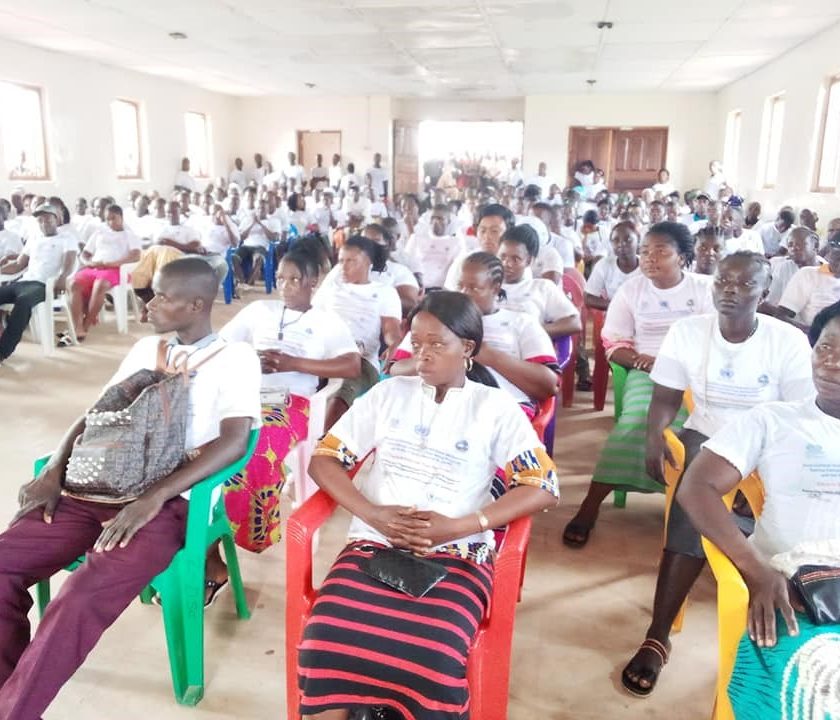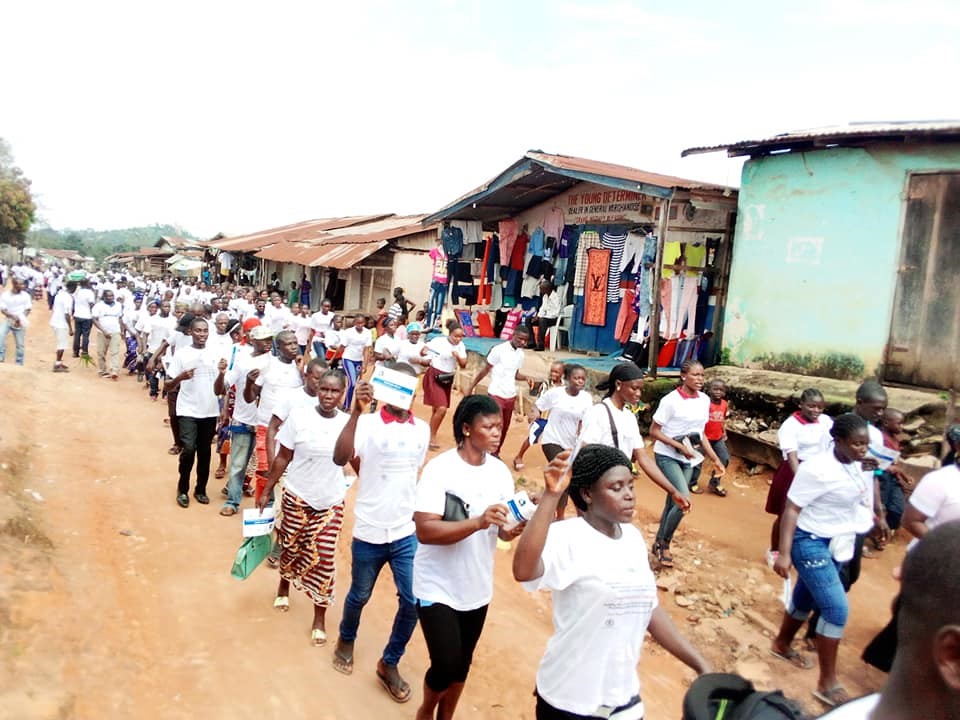By Augustine Octavius,ugustineoctavius@gmail.com
One thousand young women and men from six communities in Bong and Lofa Counties are being economically and socially empowered.
The youths are in Tumutu, Salala and Totota in Bong, and Zorzor, Salayea and Gango Town in Lofa.
This was disclosed recently at the end of a week-long awareness on the role of young men and women in peacebuilding and the importance of their economic empowerment.
The project is being carried out under the theme: “Sustaining Peace and Improving Social Cohesion through the Promotion of Rural Employment Opportunities for Youth in Conflict-Prone Areas.” It is being sponsored by the United Nations Peace Building Office through the Liberia Multi Partner Trust Fund, and implemented by the International Labor Organization (ILO) in collaboration with the Food Agricultural Organization and World Food Program (WFP).
Project cost
The cost of project implementation is put at 1.5 million United States dollars and has a duration of two years.
Six hundred of the one thousand two hundred young men and women are part of a campaign, which officially kicked in Salala City, Bong County recently and ended in Gango Town, Lofa County.

Activities marking the campaign in each of the six communities were characterized by indoor programs, cultural performances, peace dramas and songs.
Other activities were speeches and remarks by county officials, youth leaders and national security officials.
Representatives also came from the Ministries of Agriculture, Youth and Sports, the International Labour Organization and partners.
Overview
Giving the overview of the project, ILO County Manager in Liberia, Salif Massalay said that the project was developed against the backdrop of addressing two interrelated and interlinked root causes of conflict in Liberia.
He named the grievance over insufficient participation of young women and men in local dispute resolution and lack of employment and livelihood opportunities for rural youths.
He said that the project is also intended to raise awareness on peacebuilding activities and the role of young people in promoting peace in their communities.
According to Mr. Massalay, the insufficient participation of young women and men in local dispute resolution and lack of employment and livelihood opportunities for rural youth are some of the risk factors of conflict in Liberia.
The ILO Country Manager said that the project combined peacebuilding and agriculture programs in order to enable the youth to engage in livelihood activities such as, small farming, vegetables production, poultry, and farming.
“When young people are involved in livelihood activities, they will denounce violence in the communities.” he told the audience.
Mr. Massalay encouraged young people of the two counties to take advantage of peacebuilding structures in their various communities as a means of doing away with taking matters or complaints to the police depots or courts. By doing so, he said this will further bring about bad feelings and division among community members.
“When other people wrong you, don’t carry them to the court or police station. There are people in the community that are acknowledgeable in handling complaints,” he explained.
“You can carry your matter to them for settlement. Except in the case when they failed to resolve such a matter, then you can go to the police or court as a last resort.”
Peace in Liberia must begin with you,“ Mr. Massalay told the over 1,200 young men and women.
The project is intended to help support youths to become agents of positive change and promoters of social cohesion in project communities.
Also speaking at the program, the Project Coordinator at the Ministry of Agriculture, Moses Zolue said that the six communities were selected to benefit from the project, following a survey conducted in 2017 that shows these areas as hot spot of conflict in Liberia.
The survey, entitled: “Mapping opportunities for the consolidation of peace in Liberia Voices from the countryside,” Mr. Zolue revealed that land and property disputes as well as youth agitation as key aspects of conflict and fragility in Liberia, particularly in the two project counties (Bong and Lofa).
He appealed to the young men and women to take the project as theirs noting that “the development partners had brought their money to benefit them and as such they should consider it as theirs.”
The agricultural component of the project is meant to put money in the pockets of youths in those communities.
In separate remarks, local leaders of Bong and Lofa Counties hailed the International Labor Organization and partners for selecting their counties as beneficiaries of the project to promote peace among young people and create livelihood for the youth.
They said coming of this opportunity to their communities will help to reduce crime and other forms of violence in their respective communities. They also thanked the Government of Liberia through the Ministries of Agriculture and Youth and Sports for taking the project to their districts to sustain the peace in their communities as well as promote economic empowerment.
They used the occasion to remind the young people to take advantage of the project and make use of it, because the sustainability of the project depends on all of them
They assured the ILO and partners of their offices’ preparedness to working with them for the successful implementation of the project.
The program was marked by an indoor program, cultural performances, peace dramas and songs as well as parade.

